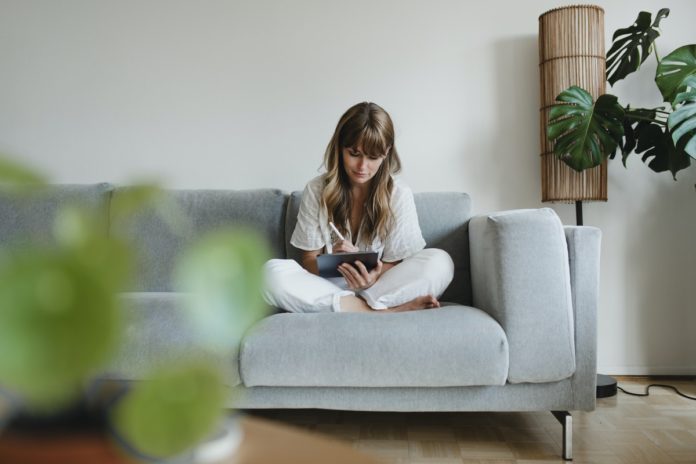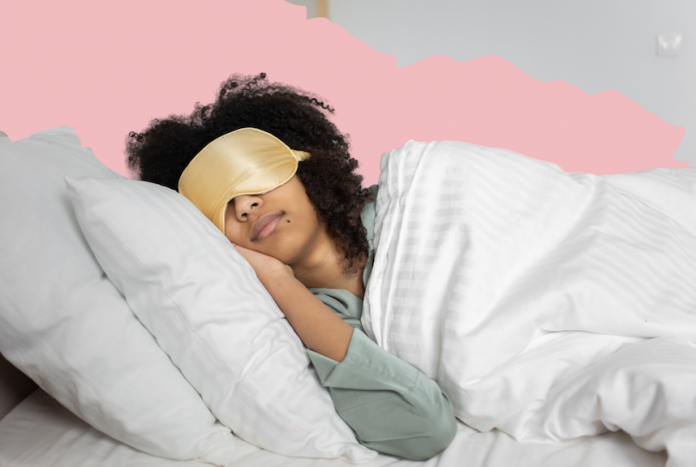According to the world health organisation (WHO), some 1.1 billion teenagers young adults are at risk of hearing loss due to exposure to recreational noise. This can be anything from the racket of the Northern line and your new Beats headphones competing, to noisy nightclubs and excessive sound levels at concerts.
Yep, it’s hard to avoid the fact that daily life is consistently exposing our ears to dangerously high decibels. In fact, around half of young teenagers and adults aged 12-35 are constantly on the receiving end of unsafe sound levels from the use of personal audio devices. Yep, those entertaining podcasts and the groovy songs we listen to every day on or smartphones really are putting hearing at risk.
You can, however, make a change. It’s never too early to start looking after your hearing. With this in mind, here are 5 ways to protect your hearing health.
GET YOUR HEARING CHECKED
Getting your hearing screened by a health professional can help identify the onset of hearing loss at an early stage before things develop into a more serious problem. And while technology has dramatically advanced and discreet hearing aids are available that are practically invisible to others, observing and heeding the signs of hearing loss, and getting regular checkups is a more prudent move if you’re to catch an issue early.
Regular hearing assessments may also lead to the discovery of excessive earwax build-up, which, if left unaddressed, can impede hearing. As the team at NE, who provide ear wax removal in Newcastle, point out, professional earwax removal, conducted by a healthcare specialist, is a safe method to ensure your ear canals are clear, thus maintaining optimal hearing health.
KEEP THE VOLUME DOWN
Let’s start with the most obvious – keeping the volume down on those headphones of yours. We think it’s best to defer to the experts on this one so defer we shall; many health professionals recommend the 60/60 rule – listening to music on your phone at a maximum of 60% of its total volume and listening for no more than 60 minutes a day with head or earphones.
LIMIT TIME ENGAGED IN NOISY ACTIVITIES
Sorry to burst your bubble (at a safe distance from your ear, of course) but protecting those lugs of yours isn’t only about how loud you listen to music, but it’s also about the duration of exposure you put them through.
To counter this threat, have short listening breaks outside (the smoking area is the most fun part of a club anyway, right?) when going to nightclubs, concerts and other noisy places to reduce the overall duration of noise exposure. It’s also best to place yourself away from the sound sources, such as loudspeakers, at any venues you’re attending.
USE EARPLUGS AROUND LOUD NOISES
When it comes to hearing, protection is prevention. As such, you should be wearing earplugs or earmuffs when you’re around loud or sustained noises as a rule, if you value your hearing. Say what? You do value your hearing? Then read on…
This protective measure should include plugging in at night clubs, when seeing a concert or going to a festival, and if you’re working with noisy machinery, which can hit sound levels of up to 120 dB.
Even consider them for the tube, where it’s been reported that noise levels can get as high as 117 dB (Northern Line, we’re looking at you), which is equivalent to a loud rock concert. Imagine, Slayer blasting in your ears, twice a day, five times a week; although invigorating, they’re probably going to do some damage.
As a general rule, if you’re ever in a situation that forces you to shout at the person next to you, then you probably should be wearing earplugs.
Most earplugs sold at pharmacies are designed for swimming or to reduce irritating background noise when you’re sleeping, so double check that yours are designed specifically for hearing protection, rather than comfort.
NOISE CANCELLING HEADPHONES
We’re worried we’ve given headphones a bit of a bad rap in this article so far. Well, noise cancelling headphones work by blocking out background noise, and can therefore provide some protection. They’re not all bad, hey?
This means that you can keep the volume of your music or podcast at a lower level, whilst still being able to hear it properly, which in turn helps protect your hearing. Simple.
There are two types of noise cancelling headphones, and they work in different ways. Passive noise-cancelling headphones (PNC) work by physically blocking out sound waves with the material they are made out of whereas active noise cancelling headphones create their own sound waves, and use destructive interference to cancel out unwanted noise. Generally, the active kind is more expensive, and will protect your ears more comprehensively, but both do a job.





